The crisis in higher education
Bloated fat cats at the top, baying mobs closing down meetings at the bottom, and striking dons in between – it seems our universities are in deep trouble. What’s going on? Stuart Watkins explains.

Get the latest financial news, insights and expert analysis from our award-winning MoneyWeek team, to help you understand what really matters when it comes to your finances.
You are now subscribed
Your newsletter sign-up was successful
Want to add more newsletters?

Twice daily
MoneyWeek
Get the latest financial news, insights and expert analysis from our award-winning MoneyWeek team, to help you understand what really matters when it comes to your finances.

Four times a week
Look After My Bills
Sign up to our free money-saving newsletter, filled with the latest news and expert advice to help you find the best tips and deals for managing your bills. Start saving today!

Are our universities in trouble?
You would be forgiven for thinking so. The news in recent months has been full of university bosses on bloated pay packets making extravagant expenses claims; of lectures being closed down by students who don't like to hear things they disagree with; and of dons downing chalk to defend their generous pensions. The sector generally has become embroiled in politics.
There are doubts about whether university represents value for money for the increasing numbers who go there, and there is a row about how higher education is funded Prime Minister Theresa May last week announced plans for a year-long review, and a new regulator starts work in April tasked with improving standards.
Why is funding an issue?
Tuition fees now make up the bulk of universities' income, according to the Higher Education Funding Council for England. Students must pay those fees themselves with loans a cost of £9,250 a year, not including living expenses, at interest rates of 6.1%. That's problematic politically Jeremy Corbyn's Labour party is riding high at least in part because it has promised to scrap the fees and reintroduce maintenance grants, and May's Conservative party feels bound to counter-offer for electoral reasons. Fees in Britain are among the highest in the OECD club of mostly rich countries.
MoneyWeek
Subscribe to MoneyWeek today and get your first six magazine issues absolutely FREE

Sign up to Money Morning
Don't miss the latest investment and personal finances news, market analysis, plus money-saving tips with our free twice-daily newsletter
Don't miss the latest investment and personal finances news, market analysis, plus money-saving tips with our free twice-daily newsletter
A dismal performance all round then?
Not really. British universities are thriving. The best top global league tables for the quality of their research and teaching, despite fears that Brexit would make them less popular with foreign students and hence squeeze their income. They are borrowing to expand and improve facilities to win more students. Ever more people, including increasing numbers from poor backgrounds, go to university nearly half of all teenagers go on to study at university, according to official figures.
They are also an important pillar of the British economy. In 2014-2015, universities supported almost one million jobs and contributed £21.5bn to UK GDP, according to Universities UK, the sector's advocacy group.
And all the cream goes to the fat cats?
Again, not really. Some large-sounding figures have inflamed public opinion, and revelations of an expenses scandal, where top vice chancellors (VCs) have claimed for things such as top-end hampers, have not helped. But VCs aren't overpaid, according to Len Shackleton of the Institute of Economic Affairs. Universities are not part of the public sector they are private bodies that compete globally for talent.
They are therefore entitled to set their own pay and must do so at levels that will attract suitable candidates for what is a demanding and pressurised job. Those levels are modest by international standards and salaries are lower than those of bankers and the bosses of FTSE 100 firms. Politically, though, that's a hard argument to make. VCs have been enjoying bumper pay rises at a time when their staff's pay has been cut in real terms. The UCU union that represents lecturers calculates that pay has fallen by 15%-20% in real terms since 2009.
But they do get generous pensions?
Not for much longer. The Universities Superannuation Scheme (USS), which runs the defined-benefit pension schemes for many universities, has a £6bn black holein its finances. As a result, it has proposed shifting future savings into a defined-contribution scheme. In other words, rather than being committed to promises about future pension payments that it can't afford, benefits will instead be dependent on the size of the savings pot and the investment returns it has earned.
That has angered staff, who have embarked on a large and prolonged strike. The changes would leave the average lecturer £10,000 a year worse off in retirement, says UCU. But the old arrangements are unaffordable without more money that would have to come from somewhere, counter employers, and the proposed new scheme is still generous by private-sector standards contributions from employers would be 18%, double the average in the private sector.
Is the £6bn deficit meaningful?
The USS says it is, but the figure is disputed by the union, and by Dennis Leech, a professor emeritus of economics at the University of Warwick. The pension is not actually in deficit at all using any reasonable definition of the term, says Leech. There is more money coming into the fund than is leaving it. The quoted deficit is an artefact of assumptions made about future returns and circumstances.
Plug in slightly more reasonable ones about the future direction of bond yields or expected mortality rates, for example and the scheme is doing just fine. Indeed, USS's assumptions are "recklessly prudent", says UCU: USS should be prepared to take on more risk, while demanding increased contributions from workers and employers, in the hope of better returns. Both sides went into arbitration talks this week to seek consensus, but the strikes continued.
And how are the students taking it?
Not well. Probably most support the strike (polls conducted by Times Higher Education suggest they do), but given that they now pay fees, they inevitably think more like consumers, and are demanding compensation for things they have paid for but not received. About 90,000 students have signed petitions demanding a refund. Universities are resisting, claiming alternative arrangements will always be made, but the students have a point, says Daniel Finkelstein in The Times.
"Academics can't just have a row with each other about how they share out their own savings and expect students to pay for the argument. Academics always like to insist that students are more than customers. Right now, they are treating them as less than customers."
Get the latest financial news, insights and expert analysis from our award-winning MoneyWeek team, to help you understand what really matters when it comes to your finances.

Stuart graduated from the University of Leeds with an honours degree in biochemistry and molecular biology, and from Bath Spa University College with a postgraduate diploma in creative writing.
He started his career in journalism working on newspapers and magazines for the medical profession before joining MoneyWeek shortly after its first issue appeared in November 2000. He has worked for the magazine ever since, and is now the comment editor.
He has long had an interest in political economy and philosophy and writes occasional think pieces on this theme for the magazine, as well as a weekly round up of the best blogs in finance.
His work has appeared in The Lancet and The Idler and in numerous other small-press and online publications.
-
 Early signs of the AI apocalypse?
Early signs of the AI apocalypse?Uncertainty is rife as investors question what the impact of AI will be.
-
 Reach for the stars to boost Britain's space industry
Reach for the stars to boost Britain's space industryopinion We can’t afford to neglect Britain's space industry. Unfortunately, the government is taking completely the wrong approach, says Matthew Lynn
-
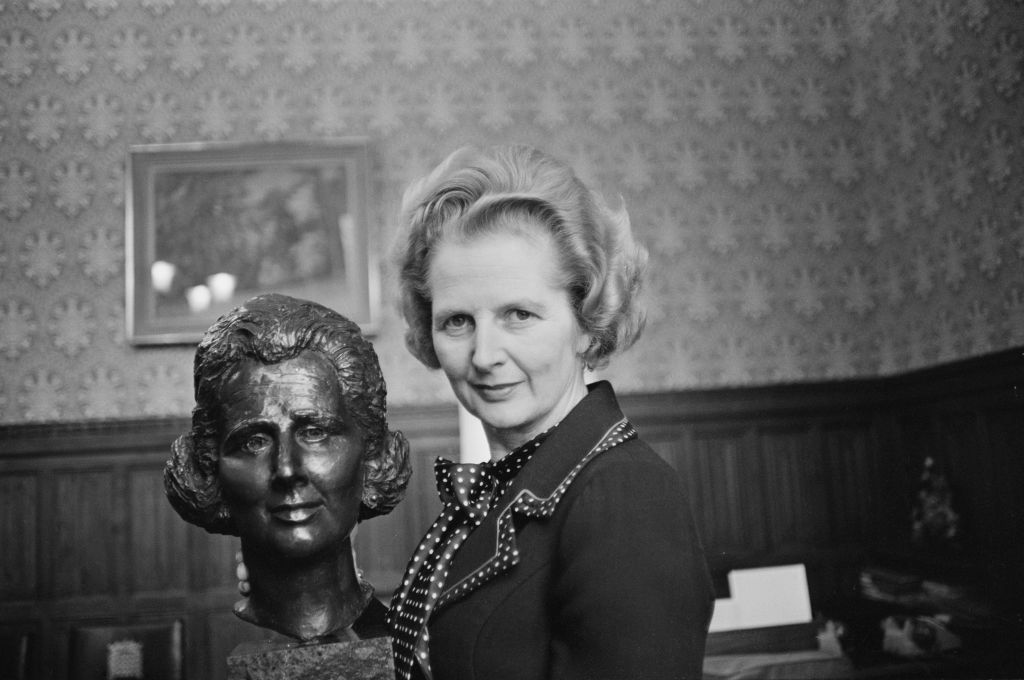 Was Margaret Thatcher great for Britain?
Was Margaret Thatcher great for Britain?The 'Iron Lady’ would be celebrating her 100th birthday this month. Margaret Thatcher rose to power in 1979 as the first ever female prime minister and was one of the most controversial leaders in history, but how did her policies shape today’s finances?
-
 It’s been 16 years, but the UK economy finally has a chance
It’s been 16 years, but the UK economy finally has a chanceOpinion The UK economy has been dealing with one crisis after another since 2007. Policymakers now have a chance to fix some of the underlying problems holding back growth.
-
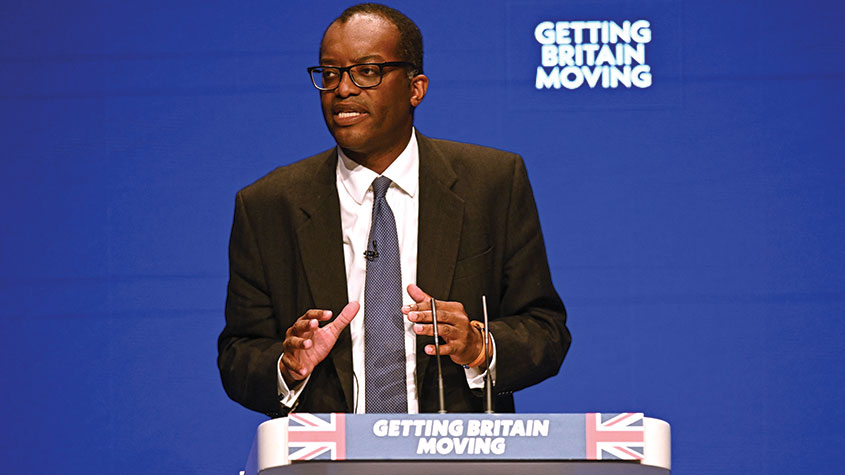 The “plan for growth”: what Truss and Kwarteng got right
The “plan for growth”: what Truss and Kwarteng got rightOpinion The Tories’ “plan for growth” has got off to a bad start, but their reforms can still transform Britain
-
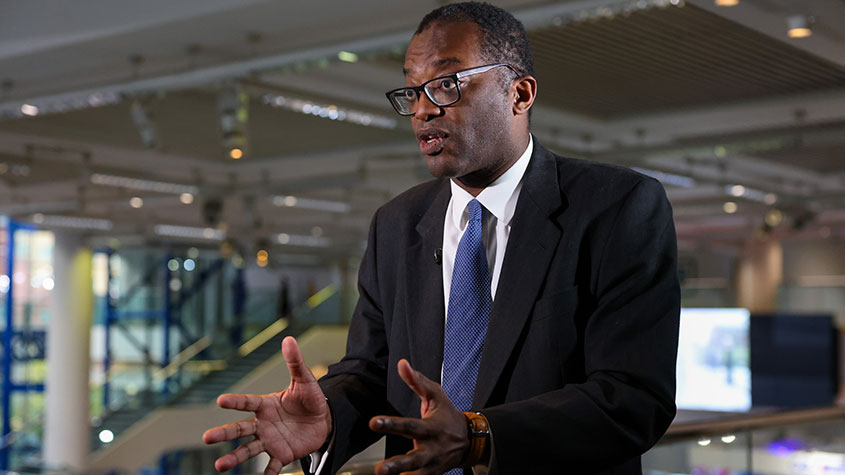 Kwasi Kwarteng U-turns on top tax rate decision
Kwasi Kwarteng U-turns on top tax rate decisionNews Kwasi Kwarteng has U-turned on his top tax rate reduction announced in his mini-Budget at the end of September.
-
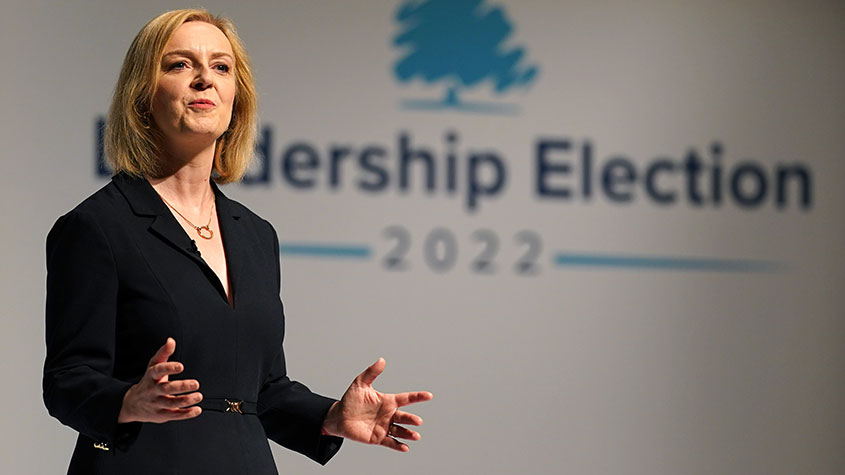 Investors should get ready for a political revolution
Investors should get ready for a political revolutionOpinion Liz Truss will beat Rishi Sunak, cut taxes, and then shake up the Bank of England, says Helen Thomas
-
 Who will be the next prime minister and what are the bookies’ odds?
Who will be the next prime minister and what are the bookies’ odds?News The Tory leadership contest is in its final phase. Matthew Partridge reports on the contest and looks at who the bookies’ favourite is.
-
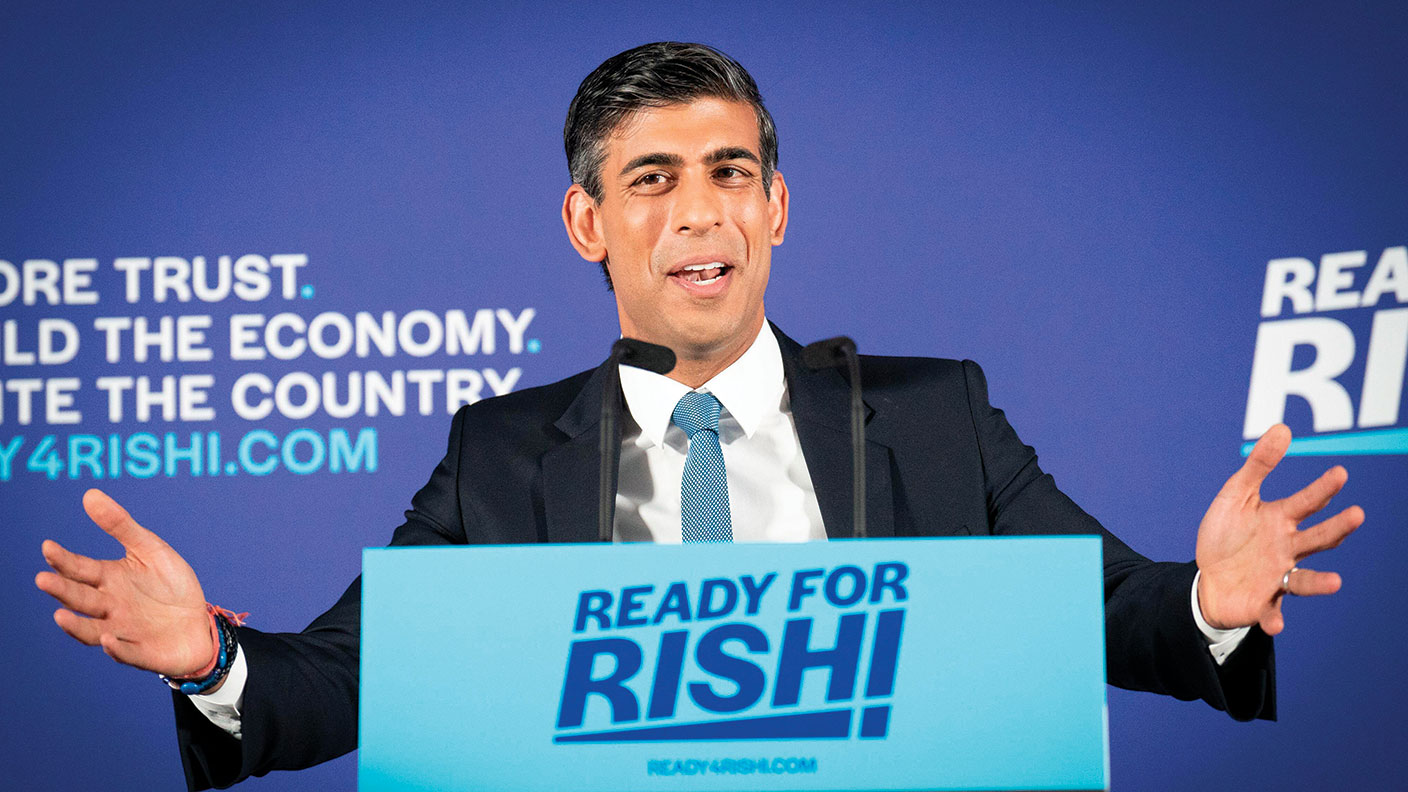 The public may have reached its limit for tax rises
The public may have reached its limit for tax risesEditor's letter The UK tax burden is now at a 70-year high. And, while there may be some reason to hold off on cuts right now, taxes are too high because the state tries to do too much. Perhaps it should do less, says Merryn Somerset Webb.
-
 Boris Johnson's exit leaves Britain with a towering in-tray
Boris Johnson's exit leaves Britain with a towering in-trayBriefings Britain’s economic problems are rapidly piling up after the last few years of drift and chaos. What should we do first?